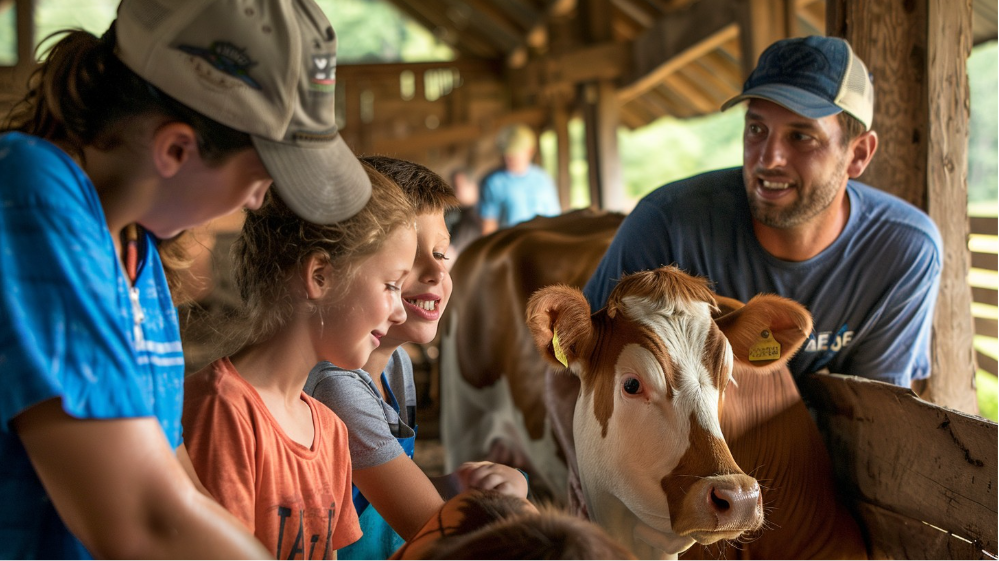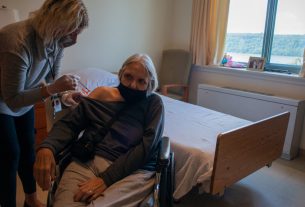The Department of Agriculture, Food and the Marine has reaffirmed its commitment to supporting farmers impacted by bovine tuberculosis (TB) through a suite of targeted financial assistance schemes. These measures aim to mitigate the economic hardship caused by herd sickness, prolonged movement restrictions, and forced depopulation.
🐄 Key Support Schemes
- On-Farm Market Valuation (OFMV)
The primary compensation scheme for herdowners affected by TB. It reimburses farmers up to the open market value of animals removed due to infection, subject to valuation ceilings. This ensures fair compensation as if the animals were disease-free. - Income Supplement Scheme
Designed for herdowners who lose 9.5% or more of their herd in a single TB breakdown. Payments are capped at 199 reactors, offering vital income support during recovery. - Depopulation Grant
Available when herds must be partially or fully depopulated due to TB. Grants may be issued during the restocking period, provided the holding remains free of livestock. - Hardship Grant
Aimed at farmers who retain and feed animals during extended restriction periods. Eligibility is based on herd size increases compared to the same date in the previous year. The scheme runs annually from November 1 to April 30.
🧾 Dispute Resolution Mechanisms
- Valuation Appeals
If a herdowner or the Department disputes the initial valuation of animals removed due to TB, an appeal process is available. - Valuation Arbitration
Should disagreements persist after appeal, an independent expert panel conducts arbitration to determine the final compensation value.
These supports are brought to the fore due to the significant financial and operational strain TB outbreaks place on Irish farmers. Herd sickness not only affects animal health but also disrupts farm income, breeding cycles, and market access. The Department encourages affected herdowners to contact their Regional Veterinary Office for guidance and application assistance.



